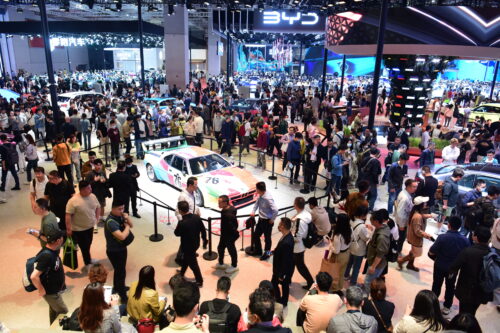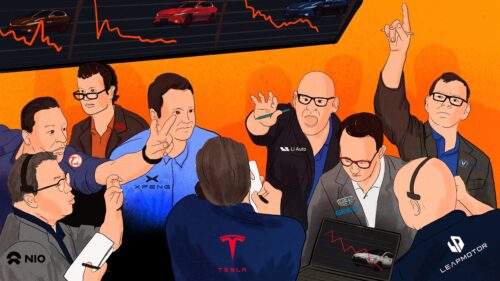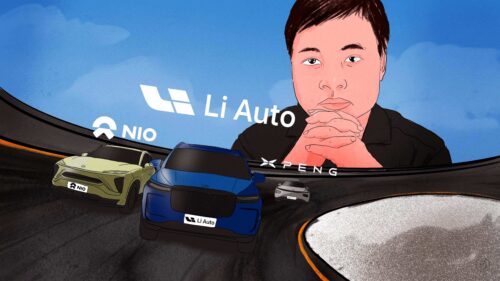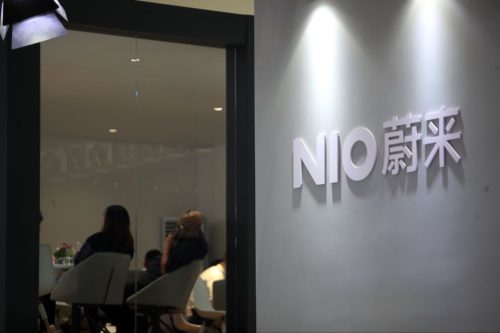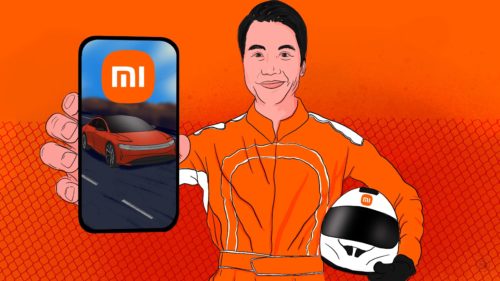With secondary Singapore listing, electric car company NIO attempts to sidestep U.S.-China tensions
A young car company in China is hedging against the risk of delisting from Wall Street by pursuing a secondary listing closer to home.

Shanghai-based electric car brand NIO 蔚来汽车 is set to debut on the Singapore Stock Exchange on May 20 after it obtained a conditional eligibility-to-list letter (ETL) earlier this month.
NIO will be the first electric car company in China to trade shares in three venues:
- NIO’s American Depositary Shares (ADSs) will continue to be primarily listed and traded on the NYSE.
- The shares listed in Singapore will be fully fungible with the ADSs on NYSE.
- NIO has no plans to issue more shares and raise funds on the secondary listing in Singapore. As per its 2021 annual report, NIO had a total of 55.43 million yuan ($8.69 million) in cash and cash equivalents, restricted cash, and short-term investments.
Sidestepping U.S.-China tensions
NIO initiated the secondary listing in Singapore in order to expand its investor base, improve liquidity, and provide an alternative venue for trading.
A major factor is likely to have been escalating tensions between China and the U.S., which have led to growing uncertainty about whether Chinese companies will be able to remain listed on U.S. markets. The U.S. Securities and Exchange Commission (SEC) has added more than 80 U.S.-listed Chinese companies to the so-called provisional “non-compliance list.” NIO appears on the list, as the SEC determined that the company’s audited reports and financial data cannot be inspected and reviewed.
Rising costs and declining deliveries
NIO is currently also dealing with the challenge of declining output. As of the end of April, NIO delivered 30,842 vehicles year-to-date in 2022, a year-on-year increase of 13.5%. But in April, the company delivered only 5,074 vehicles, a month-on-month decrease of 49.2%. Li Auto and XPeng, NIO’s competitors, also experienced month-on-month declines in output.
The production declines were in large part caused by supply chain volatilities connected to new COVID-19 outbreaks in certain regions of China, and the accompanying strict lockdown restrictions. The soaring costs of raw materials have not helped. Prices of lithium, nickel, and cobalt have climbed steeply: for example, at the beginning of 2022, the price of lithium carbonate was 266,000 yuan/ton ($39,580/ton), but in May, the price soared to 466,000 yuan ($69,340).
According to the China Automobile Dealers Association, domestic sales of new energy passenger vehicles reached 280,000 in April, a year-on-year increase of 50.1% and a month-on-month decrease of 38.5%. The figures foreshadow an uncertain trend in the EV market in China.
The takeaway
As it faces production challenges, an uncertain domestic market, and regulator hostility in the U.S., NIO is diversifying its investment profile, a promising move for the young car company, and a sign that China’s electric vehicle industry still has a very bright future.

